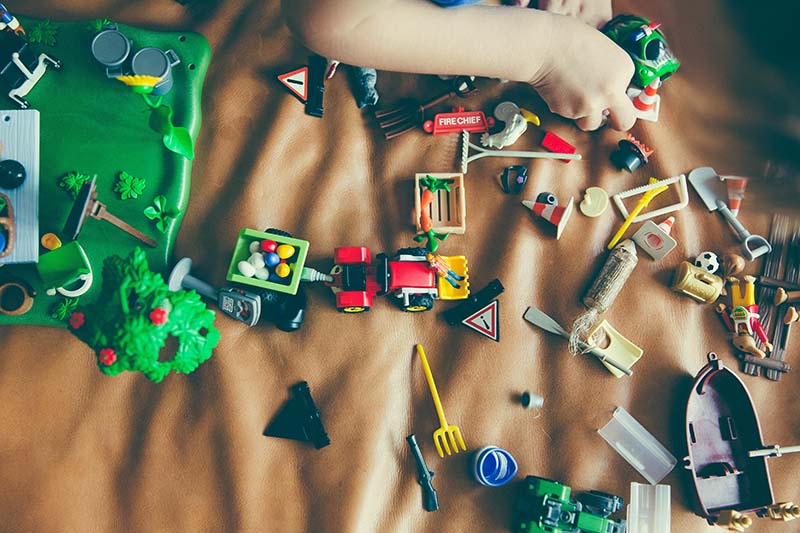I recently read the newly released 2025 Position Statement on Active Outdoor Play, published in the International Journal of Behavioral Nutrition and Physical Activity (ijbnpa.biomedcentral.com). It reminded me that while parents and educators often focus on giving children balanced meals and proper nutrition, we sometimes overlook something just as vital to their growth: play—especially active play outdoors.
Why Play Matters — Just as Much as a Healthy Snacks and Chocolates
A healthy diet feeds a child’s body; outdoor play feeds their imagination, confidence, and joy. The 2025 statement highlights that spending time outdoors encourages higher physical activity levels, less screen time, better sleep, and stronger emotional health. These benefits aren’t confined to childhood—they extend across the lifespan.
The statement defines active outdoor play as voluntary, enjoyable physical activity that happens outside—running, climbing, biking, exploring, or simply playing with friends. Just as we aim for balanced nutrition, children also need a healthy balance of movement, rest, and adventure. When kids are allowed to play freely outdoors, they develop coordination, creativity, and resilience—the very foundations of lifelong well-being.
Healthy Risks, Healthy Growth
What really stood out to me in the article was the discussion about “risky play.” In today’s cautious world, we often restrict children’s physical exploration in the name of safety. But the research shows that activities like climbing, balancing, or exploring new terrain—when age-appropriate and supervised with care—help kids learn their limits, build self-confidence, and develop sound judgment. It’s the same principle as learning to eat new foods: they need a chance to explore, taste, and sometimes make mistakes to grow stronger.
Play for Health, Community, and Planet
Nutrition strengthens individual health, but play strengthens communities. The AOP10 statement links outdoor play to the “One Health” concept—recognizing that human health is deeply connected to the health of our environment. Outdoor experiences help children form bonds with nature and instill a sense of environmental responsibility. Simply put, a child who plays outside learns to value the world they live in.
Play also brings people together. Parks, gardens, and playgrounds nurture social skills like cooperation, empathy, and teamwork. These social benefits are just as crucial for well-being as the nutrients in a healthy meal.
Balancing Modern Life: Food and Play
The statement also warns that many of us—children included—now spend nearly 90% of our time indoors, surrounded by screens and artificial light. Even with good nutrition, inactivity and isolation can take a toll on physical and mental health.
That’s why I believe promoting active outdoor play should go hand-in-hand with encouraging healthy eating. Both are essential to raising balanced, resilient children who thrive in body, mind, and spirit.
Closing thoughts …
Reading this reminded me that play isn’t a luxury—it’s a necessity. Like healthy food and healthy snacks, it fuels growth, curiosity, and happiness. If we truly want the next generation to flourish, we must make space for both: nutritious meals and the freedom to play outside.










